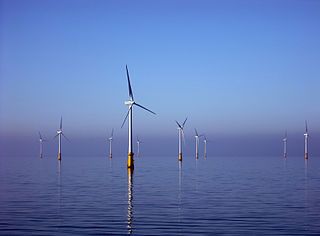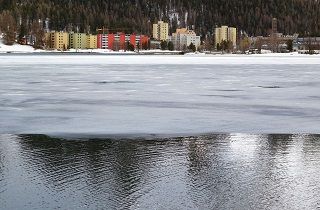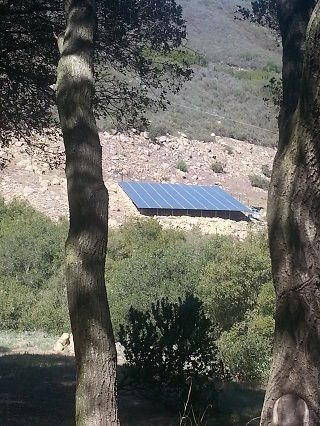Chris Barry, OTEC, and Carbon Sequestration

Chris is a Senior Naval Architect at the United States Coast Guard Surface Forces Logistics Center, and says that after “forty years of experience in many areas of naval architecture and marine engineering, he’s still interested in ‘hanging steel and getting it wet.'” He goes on to note, “The oceans also provide some opportunities to solve other problems, especially alternative energy and carbon sequestration, and I am working on some of these as well.”
“Working on it” is putting it mildly. Check out his presentation on carbon sequestration. You’ll travel a long way to find someone more knowledgeable in the subject than Chris.
As I mentioned a few days ago, the part I find most fascinating in all this is that OTEC may play an important role in bringing nutrients up from the cold waters beneath the surface that will accelerate the growth of animals whose life processes absorb CO2 and ultimately dispose of it at the bottom of the oceans.









